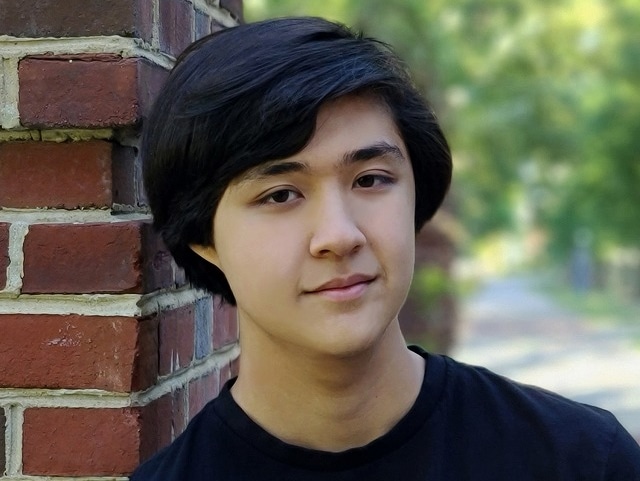2014: Age10, Ranked within top 0.4% of all test takers (college-bound seniors) of SAT in 2014
2015: Age11, Awarded AP Scholars with Distinction
2016: Age 12, Youngest student ever to be admitted to Cornell University
2020: Age 16, Graduated summa cum laude from Cornell Engineering along with Departmental Honors in Applied & Engineering Physics; Recipient of Cuykendall Award for Outstanding Academic Achievement ; Youngest student ever to graduate from Cornell University
2020: Age 16, Admitted to Ph.D. Program in Theoretical Particle Physics at University of Maryland College Park
2021: Age 17, Selected Banner Bearer for College of Engineering at the Cornell University Commencement of Class of 2020 (held a year later due to COVID-19 pandemic)
Studying applied physics at Cornell University as an undergraduate student and being involved in research on a plasma-based particle accelerator fostered my passion for physics. Currently I am in a PhD program in theoretical physics researching condensed matter in quantum dynamical systems and quantum chaos under Professor Victor Galitski at the University of Maryland College Park. My academic interests include quantum field theory (gauge theory), number theory, and dark matter models. My long-term goals are to continue a career in academia beyond my PhD degree, and to enter a professorship where I can teach and research in the areas of theoretical physics that drive my passion and where I can contribute to the advancement of the knowledge of humanity as a whole.
